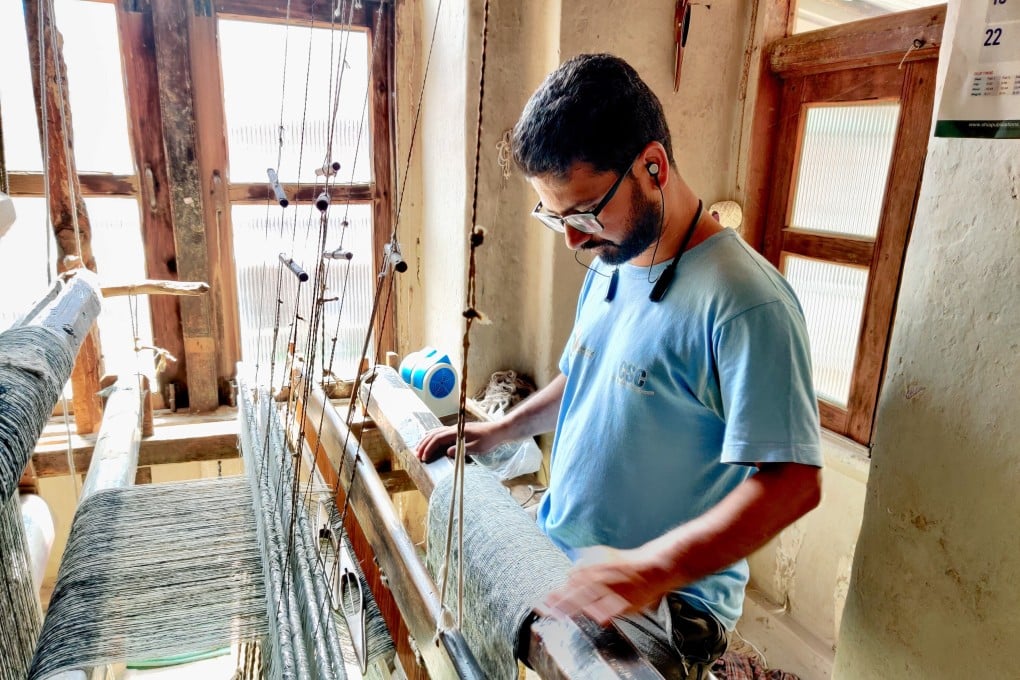Your ‘handmade’ pashmina shawl could be made by machine – one that is costing artisans their livelihoods
- Pashmina shawl weavers and artisans in Kashmir in India say they are being unlawfully replaced by machine looms after authorities said they’d be protected
- Some say the government is passing off machine-made shawls as handmade, bribed by rich industrialists

The pashmina shawl has delighted women around the world for centuries, from Emperor Napoleon’s wife Josephine to queens and princesses of the British royal family. Empress Josephine, it is said, owned more than 60 of the wraps and her love of them turned the covering into an item of high fashion across Europe.
“At the beginning of the 19th century, wealthy Europeans embraced Kashmiri shawl cloth with as much enthusiasm as Americans who discovered polyester fleece at the end of the 20th century,” writes historian Michelle Maskiell in the Journal of World History.

Unlike wool, pashmina fibre is not sheared, but brushed out with wooden combs. It is stored in the form of a loaf resembling candyfloss and then spun. It was once produced by Kashmiri women on a traditional wheel called a yender, but now power looms are more often used.
Today, about 70 per cent of the world’s pashmina fibre comes from China, 20 per cent from Mongolia, 9 per cent from Afghanistan, Pakistan, Nepal and Central Asia, and only 1 per cent from Kashmir.
But experts have heralded the Kashmir pashmina as the finest of them all. The thread produced by the region’s women spinners is 12 to 16 microns in diameter, whereas the thread from the rest of the world is 17 to 20 microns.